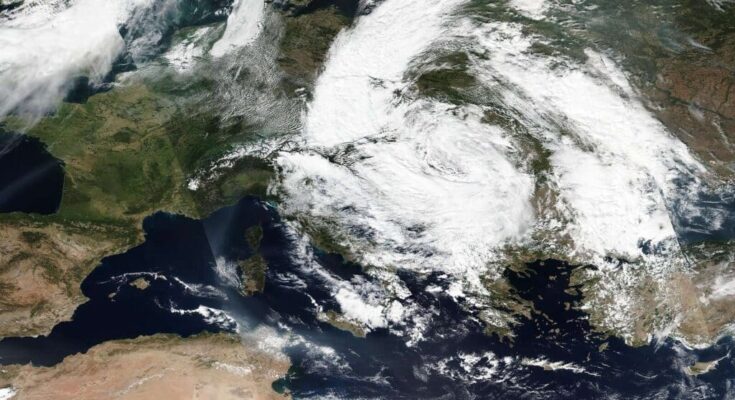
Floodwaters have ravaged cities throughout Central Europe this past week, wreaking havoc and leaving everything in a pool of murky water.
Since the heavy rainfall began last Thursday, more than 20 people have been killed, and even more are missing across Romania, Poland, the Czech Republic, and Austria. There have also been thousands of people in other countries in Central Europe who have been displaced due to the danger of flooding.
This comes after floodwaters in western and central Africa killed more than 1,000 people, and about one million people were forced to flee from their homes, according to humanitarian agencies. There has also been catastrophic flooding in Myanmar caused by a typhoon that has killed more than 220 people.
Sissi Knispel de Acosta, the general secretary of the European Climate Research Alliance, said, “These floods are a clear reminder of the growing threat of climate-induced extreme weather events.”
The cause of the Central Europe floods
Richard Rood, a climatologist at the University of Michigan, told The New York Times that Storm Boris is a low-pressure system caused by a blast of arctic air. The cold air collided with the moist warm air from the record-breaking heat seen throughout the Mediterranean this summer, causing intense rainfall that has put Central Europe underwater. According to The Guardian, it has produced five times September’s average rainfall in just four days.
“The climate is so warm that every storm or weather event is influenced by a warming climate,” Rood told The New York Times. “It’s impossible to have an event, especially an extreme event, that doesn’t have some relation to climate change.”
According to ICEYE, the storm is moving slowly over Central Europe, as it has been cut off from the jet stream flow that would normally move it along. The stagnant Storm Boris poses a danger as it releases its rains over Central Europe without mercy, and most countries in and around Boris’ vicinity have warned their citizens of the threat.
Climate change and the future
Flooding, earthquakes, and wildfires are natural disasters normal for Earth. However, as the effects of climate change become more severe, the frequency and severity of these disasters will become more pronounced, posing a severe threat to humanity in the future.
Where storms are involved, the Earth’s increasing temperature will continue to result in deadlier, more frequent storms than has been the case thus far. Storms thrive off of warm, moist air, and a more plentiful supply of that could mean storms on an unprecedented level.
Diana Urge-Vorsatz, vice chair of the Intergovernmental Panel on Climate Change, said, “We know that with climate change, the rain is getting more intense and frequent, but no one really believes it when it’s coming. We always think it’s happening to others and that it can’t happen to me.”



